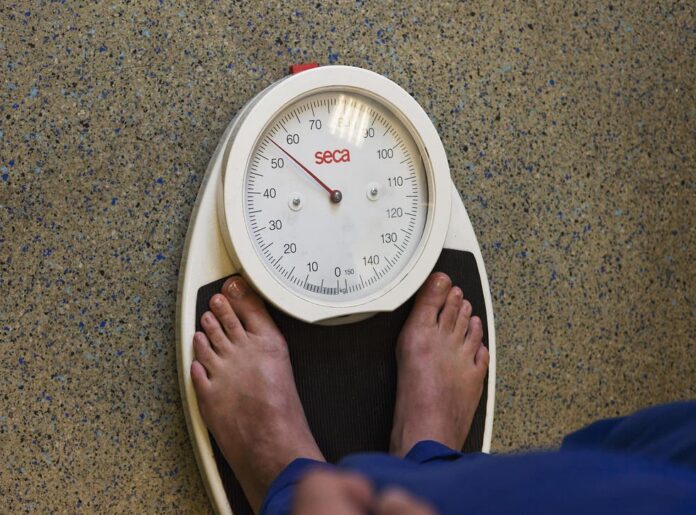As the country prepares for the reopening of gyms and beauty salons, a new report into body image has branded the Government’s approach to eating disorders and tackling poor body image, and a key health indicator, potentially harmful.
The use of the Body Mass Index (BMI) in determining if an individual’s weight is healthy should be scrapped immediately, according to a new report on body image published by the Women and Equalities Committee.
The report also found that lockdown had a ‘devastating’ impact on those with or at high risk of developing eating disorders and intensified body image anxieties, arguing for improved protection from appearance-based discrimination and more diversity in advertising.
Originally introduced as a means of measuring characteristics of entire populations, in recent years BMI has increasingly been used as a health risk indicator in individual patients who are then put on weight loss or weight gain programmes for scoring too high or too low.
However, the Committee concluded that BMI actually contributes to health issues such as eating disorders and people’s mental health by disrupting body image and inviting social stigmas.
Instead, the Committee calls for the use of BMI to be stopped and for the adoption of a ‘Health at Every Size’ approach which prioritises health lifestyle choices over correcting weight.
The report branded the Government’s Obesity Strategy as ‘dangerous’ for people with negative body image, potentially triggering eating disorders in the people it is designed to help.
A programme to measure and record the weights of primary school children, the National Child Measurement Programme, was similarly singled out for being counterproductive and even ‘likely to cause harm’.
The Committee called for an independent review of the Obesity Strategy and for the Government to look again at how it collects data on childhood obesity.
The Committee concluded that doctored photos promoting unobtainable or unrepresentative body images was having a ‘detrimental’ impact on mental health and contributing to poor body image.
The report urges the Government to restrict and even ban the use of altered images in ads and encourage more diversity and representation in advertising.
The Committee heard during evidence that the annual cost of dealing with eating disorders is £15bn, but just 96p is spent on research into eating disorders per person experiencing them.
Funding for research into eating disorders should match the £9 per person research funding for people with mental health issues, according to the report.
Committee Chair, Caroline Nokes said:
“Anyone can suffer with body dissatisfaction. Over the past 10 years, there has been a wealth of research and recommendations on how to tackle negative body image but Government action in this area is limited – we need to see urgent action.
“The use of BMI as a measure of healthy weight has become a kind of proxy or justification for weight shaming. This has to stop.
“We are particularly alarmed by the rise in eating disorders and concerned that the Obesity Strategy and data collection of obesity levels in kids make things worse by failing to promote healthy behaviours.
“The Government must ensure its policies are not contributing to body image pressures.
“Advertising and social media can cause negative body image if users are bombarded by ads which lack diverse representation.
“It’s paramount that people are protected from viewing consistently pressurising content online and that companies advertise their products responsibly.
“The pressure will intensify as gyms and beauty salons reopen on Monday. This may be exciting for some but it will be difficult for people who experience body image anxieties.
“It’s critical that Government action works towards improving body image.”







